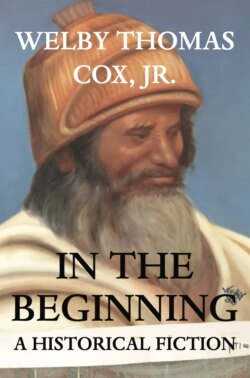Читать книгу IN THE BEGINNING - Welby Thomas Cox Jr. - Страница 31
На сайте Литреса книга снята с продажи.
Conclusion
ОглавлениеSome of the most treasured works of ancient scripture and literature, from classics such as the Epic of Gilgamesh to the Genesis account of Noah and his ark, tell various versions of a great flood: typically a wise man and his family, together with various crops and animals, survived by floating on a wooden boat. Clearly this experience is deeply engrained into the human psyche, as it has generated some rather profound discussion and analysis throughout the ages.
Are these accounts historical? Although many observers are skeptical, it seems plausible, given the prevalence of these myths, that at least some are based on historical events, dimly remembered.
Yet must we insist that the particular version of this tale presented in Genesis 6 is a literal and scientifically precise account? And must we further insist that Noah's flood was a global (not just a local) inundation, that the fossils were all deposited in the flood, and that all living organisms on the planet today, without exception, are descended from the ark's survivors? Not only is this approach scientifically untenable, it is also a theological disaster, since it leads directly to "God the Great Deceiver" theology, an absurd notion that has been rejected by scientists and theologians from numerous religious traditions.
Thus, while we may admire efforts of AIG and others in their efforts to draw awareness to ancient literature and scripture, we must draw the line at their insistence that the Bible be read as an infallible work of modern science. Reasonable people disagree.
